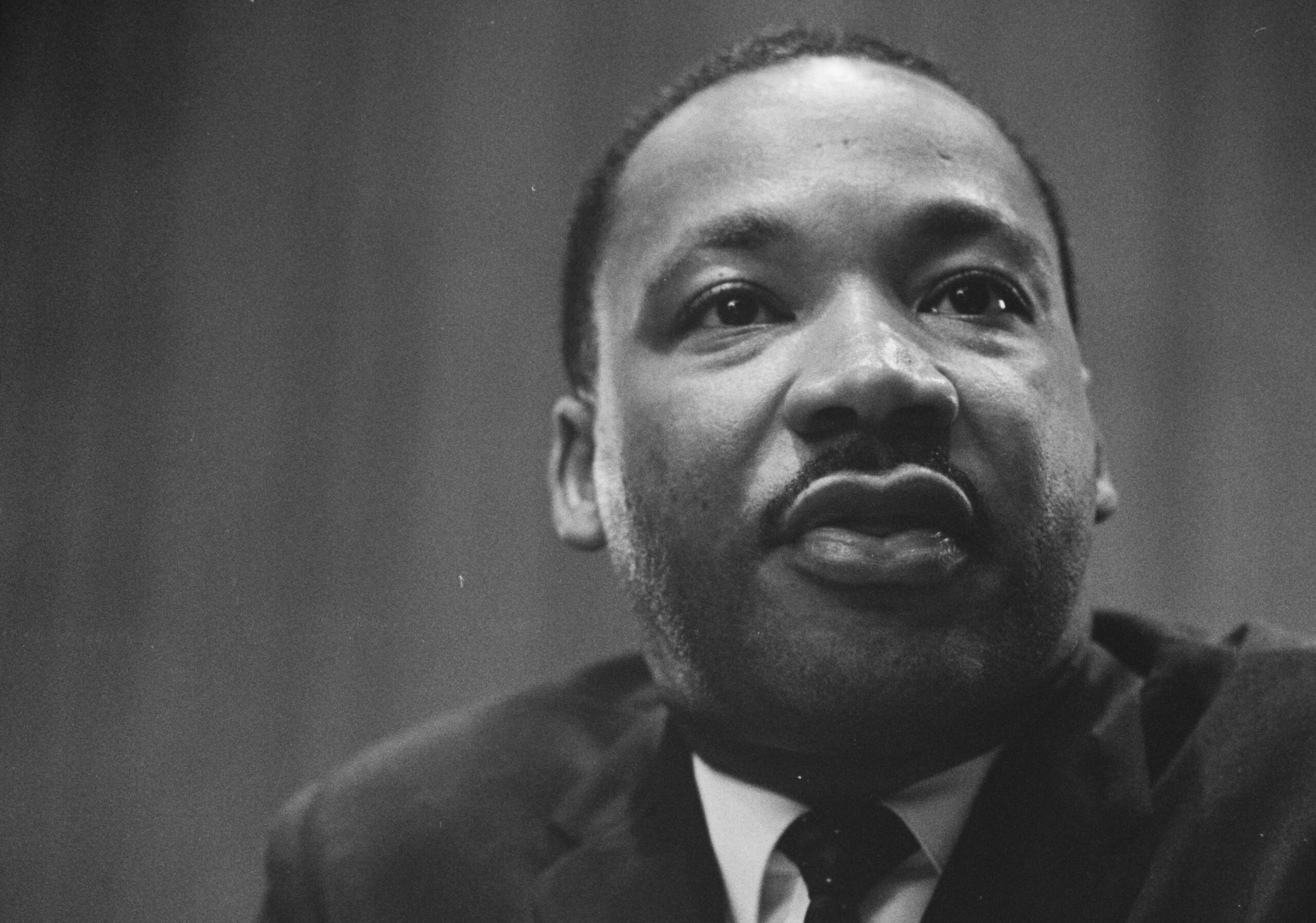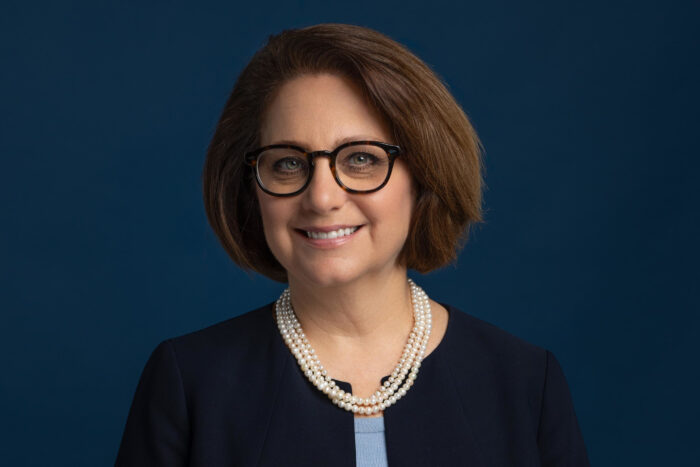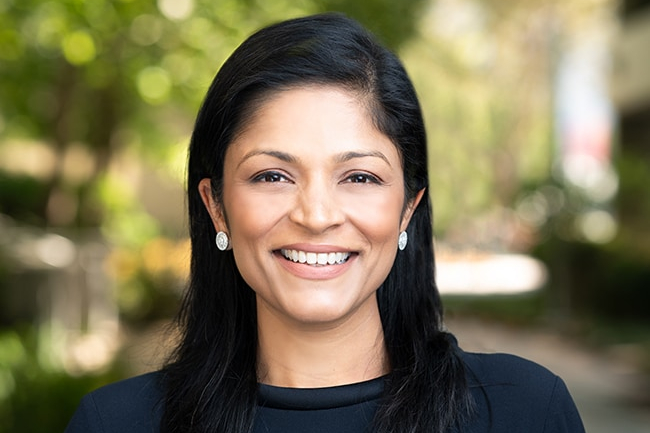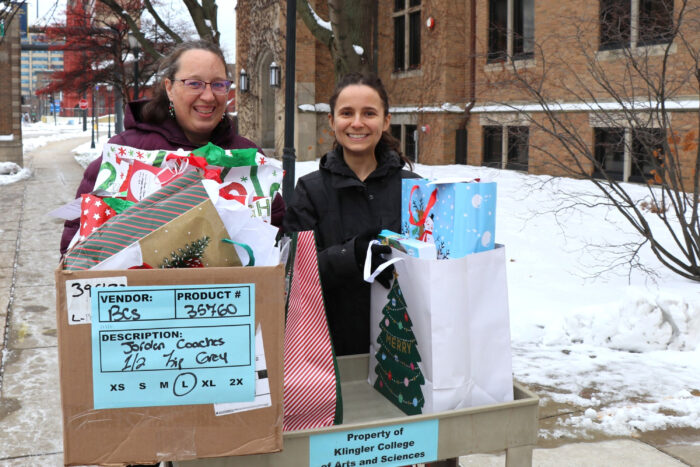Dear Marquette community,
Since spring 2020, our country and its varied and diverse communities have grappled with parallel crises: one of public health, another of racial justice. Just as the COVID-19 pandemic began to rage, taking souls in its wake, the killings of Ahmaud Arbery, Breonna Taylor and George Floyd launched a racial reckoning that roared to remind us that racism is — and long has been — a grave threat to the lives of so many.
As we approach Dr. Martin Luther King Jr. Day — a day of reflection — I ask that we examine how we’ve responded to these devastating realities. Have we been as intentional with how we address systemic racism as we have been with how we mitigate the spread of COVID? What might we learn from the swift and resolute responses to the pandemic that we can employ to seek racial and social justice?
In his text “Why We Can’t Wait,” Dr. King makes an irrefutable case that we mustn’t wait for the “right time”; we must pursue civil rights and equality with the same sort of immediacy:
Time itself is neutral; it can be used either destructively or constructively. More and more I feel that the people of ill will have used time much more effectively than have the people of good will. We will have to repent in this generation not merely for the hateful words and actions of the bad people but for the appalling silence of the good people. Human progress never rolls in on wheels of inevitability; it comes through the tireless efforts of men willing to work to be co-workers with God, and without this hard work, time itself becomes an ally of the forces of social stagnation. We must use time creatively, in the knowledge that the time is always ripe to do right.

Dr. King mentions in “Letter from Birmingham Jail” that the equation to success must include youth activism. At Marquette, we have seen our students hold us accountable for creating a “Culture of Inclusion.” We have seen how their voices have made a difference. We should take this time to reflect and work to further extend their vision into reality. There will never be a good time to do the work we are called as a community to do — so we must do it now.
On Jan. 17, how can we individually and collectively commemorate Dr. King’s legacy and life’s work? He knew his time was limited, so he leaned into his Christian faith to assert unpopular and appropriately challenging statements about working every day toward equality and justice. Likewise, Jan. 17 is a day for us to renew our commitment to addressing injustice as a community and eliminating the excuse that “waiting” is the best strategy toward creating an inclusive world.
Let us make that commitment together.
Lastly, I also hope you will join me at a virtual prayer service commemorating Dr. King’s legacy on Tuesday, Jan. 25, from 8:30 a.m. to 9:30 a.m.
Sincerely,
Dr. Joya Crear
Acting vice president for inclusive excellence



